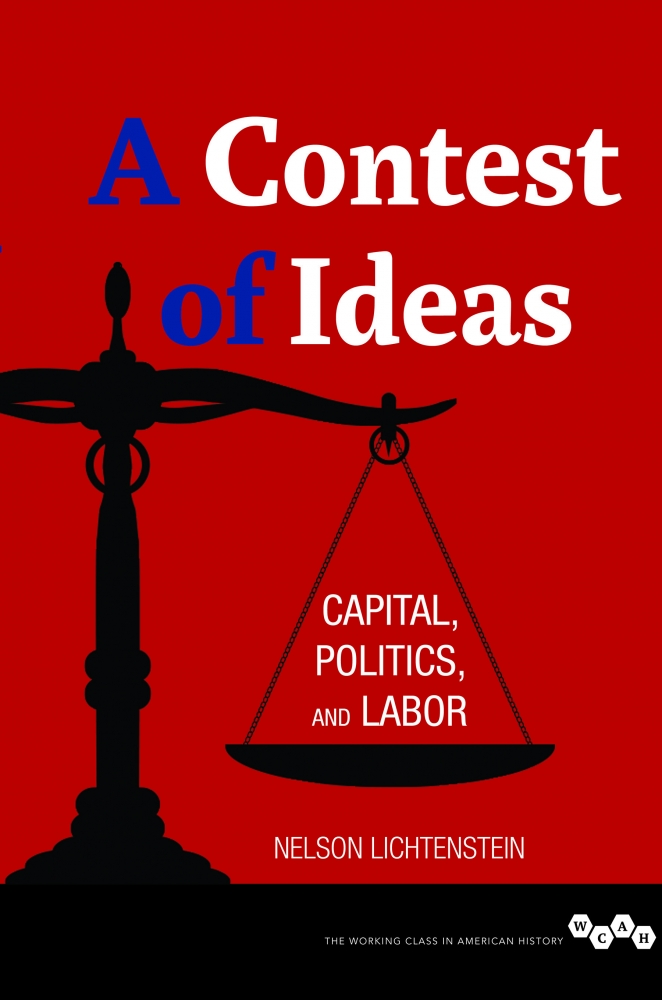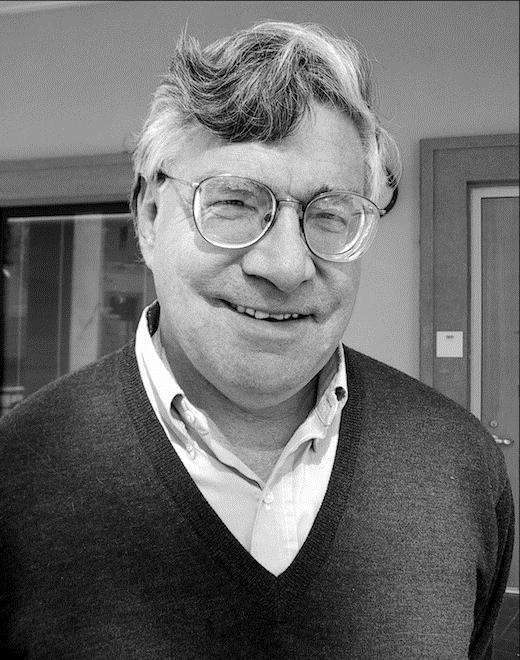
Labor, Capital and Political Dysfunction

For more than 30 years, UC Santa Barbara historian Nelson Lichtenstein has focused his scholarship on labor, politics and social thought. In so doing, he has charted and helped assess the history and prospects of a progressive America.
In two recently published books, Lichtenstein, the MacArthur Foundation Professor in History at UCSB and director of the campus's Center for the Study of Work, Labor, and Democracy, helps animate the public discourse on a set of vital contemporary issues that explained how and why Americans are once again debating how work can be made more meaningful and rewarding and why our political dysfunctions make this so difficult.
Lichtenstein will give a talk and sign copies of "Contest of Ideas –– Capital, Politics, and Labor" and "State of the Union: A Century of American Labor (Politics and Society in Twentieth-Century America)" at 7 p.m. on Tuesday, Oct. 29, at Chaucer's Bookstore, 3321 State St. in Santa Barbara.
"A Contest of Ideas –– Capital, Politics, and Labor" (University of Illinois Press, 2013) brings together in one volume new writings by Lichtenstein as well as some essays previously published as articles or op-ed pieces in newspapers and journals. The book is divided into four sections: how Lichtenstein has shaped his own history; the relationship between capital, labor and the state; why the civil rights movement cannot be divorced from the world of work; the rise of conservatism; and a set of portraits of five activist intellectuals, including C. Wright Mills, Harvey Swados, B.J. Widick, Jay Lovestone, and Herbert Hill.
"There's a new history of capitalism and public policy that has come to the fore, and this is a book on labor history as well as on public policy and thinking about capitalism in some systematic way," said Lichtenstein. "The essays were written for the larger, public audience and explore ways that the subdisciplines of politics, labor and capitalism intersect."
Lichtenstein also includes a chapter on the meaning of work as it relates to academia, and the condition of graduate students as legitimate paid employees as well as "apprentice scholars," as he describes them. "I make the point that the university values academic research because it adds to the prestige of the university –– and that's considered a good thing," he said. "But where does that take place? In the classroom? Out of the classroom? What is work in an academic world?"
In the revised edition of his award-winning "State of the Union: A Century of American Labor (Politics and Society in Twentieth-Century America)," which has just been published by Princeton University Press, Lichtenstein continues his study of how trade unionism "has waxed and waned in the nation's political and moral imagination, among both devoted partisans and intransigent foes."
Beginning with the "labor question" that became a burning issue during the Progressive Era, Lichtenstein continues forward to the radical transformations in the national landscape that resulted from the rights-centered social movements of the 1960s and 1970s, and on to the battering unions took during the Reagan and Clinton administrations.
The revised edition, published 10 years after the original, incorporates the Occupy Wall Street movement, highlights attempts by politicians to eviscerate public sector trade unions and examines the health and well-being of trade unionism under the Obama administration.
"The idea that we may be entering an era of liberalism without a trade union movement seems to fly in the face of nearly two centuries in the history of democratic rights and social progress on both sides of the Atlantic; and in the contemporary world the working-class search for citizenship, democracy and a better life has been demonstrated again and again from South Africa to South China," Lichtenstein writes about the book's final chapter.
"In 1963, socialists and trade unionists provided the organizational infrastructure that made the March on Washington possible; today, the Service Employees International Union pays the bills for the fast food worker uprising," he continues. "And so the chapter titled ‘Obama's America: Liberalism Without Unions?' is not merely an appeal to laborite sentimentality, but has some traction in the grand arc of our history."



